
Prayers are a natural and prominent feature amid human-divine interactions, yet they don’t occur much in the Bhagavad-gita, even though it is a human-divine interaction. Why this absence? Because the Gita is a conversation centered on a philosophical search for the truth, and Arjuna and Krishna already have an intimate friendly relationship that frequently overshadows the usual prayerful mode of human-divine interaction.
Nonetheless, one section of the Gita features Arjuna’s prayers — and that too in a highly reverential mode. This section of eleven prayers (11.36-46) occurs immediately after Arjuna realizes who his friend is: not just the all-pervading Divinity manifest as the universal form but also the all-devouring Divinity manifest as omnipotent time.
Prayer is a spontaneous human response on encountering the awe-inspiring splendor of the Divine. Naturally, Arjuna exhibits this response to the theophany of the universal form. He wants to offer his obeisance to the Divine, as we might do on beholding the Deity in a temple. But he perceives that the universal form is present everywhere, on all sides; therefore he offers hundreds of obeisances in all directions (11.40). He also fervently apologizes for his previous over-familiar way of dealing while interacting with Krishna as a friend (11.41-44).
Do Arjuna’s prayers alter the Gita’s mood? Yes contextually; no overall. Yes, because these prayers are an integral part of the revelation of the universal form, which largely features the mood of awe and reverence. No, because that mood doesn’t go beyond this chapter. Neither does Arjuna stop asking pertinent questions out of reverence, nor does Krishna use his awe-inspiring revelation to force Arjuna to submit to his will. The philosophical discussion continues over the next seven chapters and culminates in Arjuna’s freely chosen resolve to harmonize with Krishna’s will (18.73)
One-sentence summary:
On beholding Krishna’s magnificent universal form, Arjuna spontaneously offers reverential prayers to Krishna.
Think it over:
- Why are prayers not prominent in the Gita?
- Why does the Gita have a prayer section?
- How does the Gita’s prayer-section affect its mood?
***
11.40: Obeisances to You from the front, from behind and from all sides! O unbounded power, You are the master of limitless might! You are all-pervading, and thus You are everything!
To know more about this verse, please click on the image

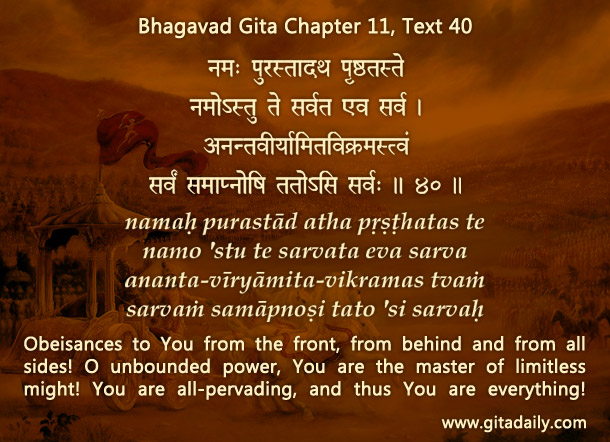

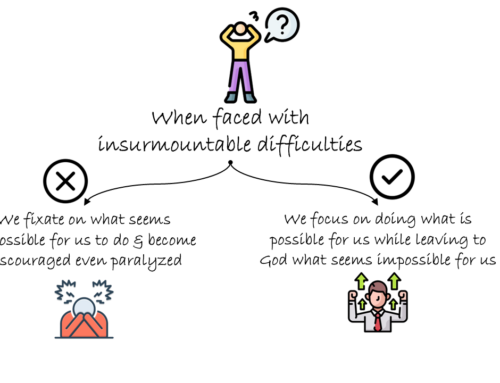

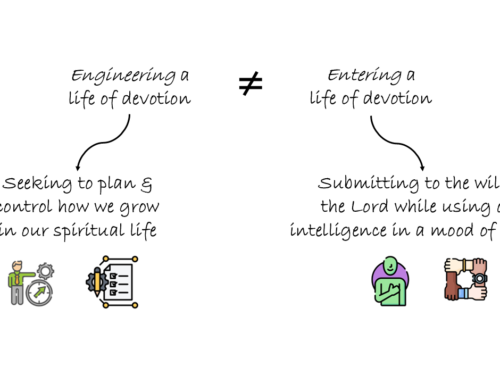

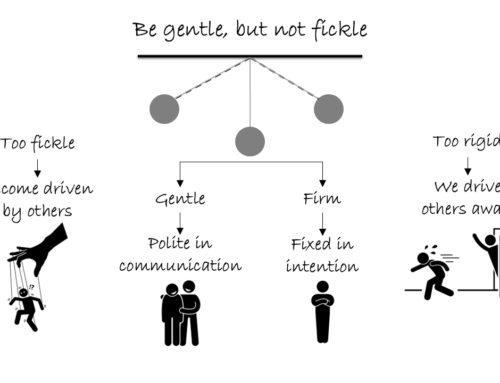
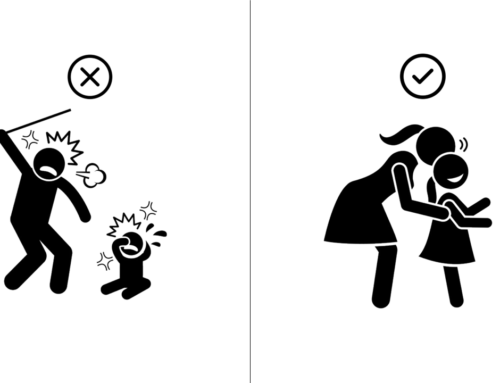
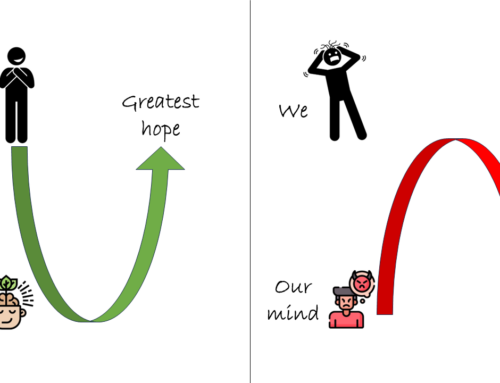
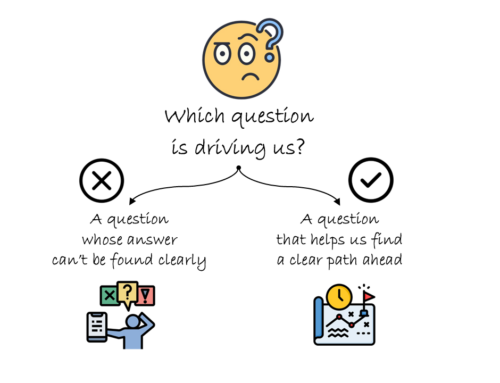
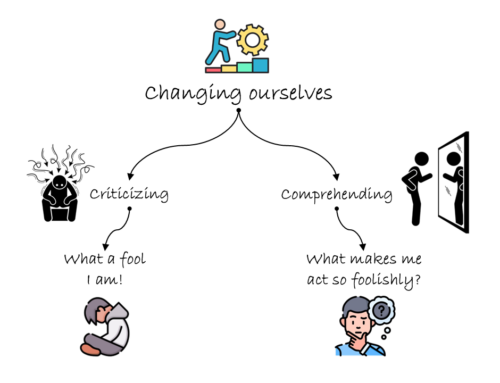
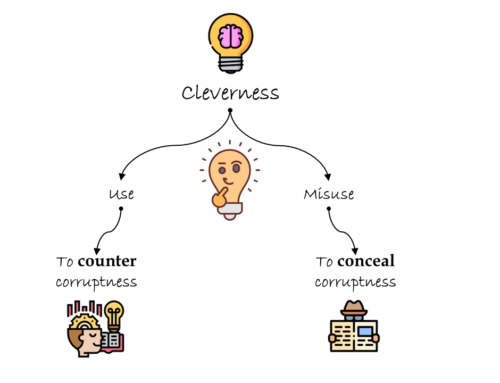
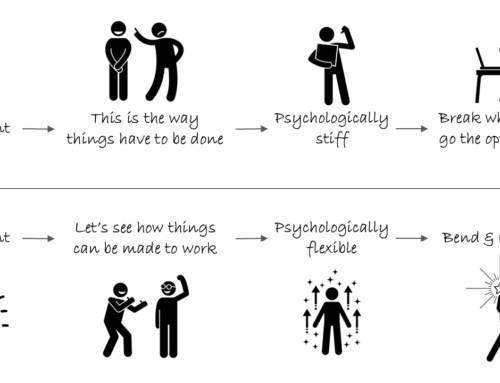
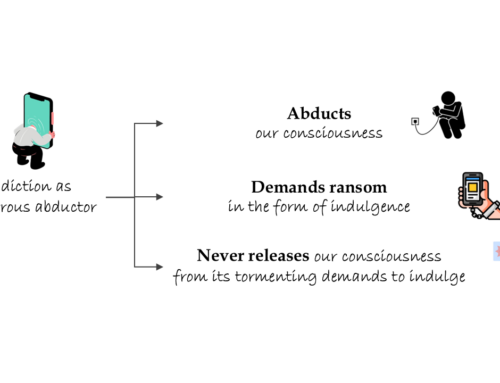
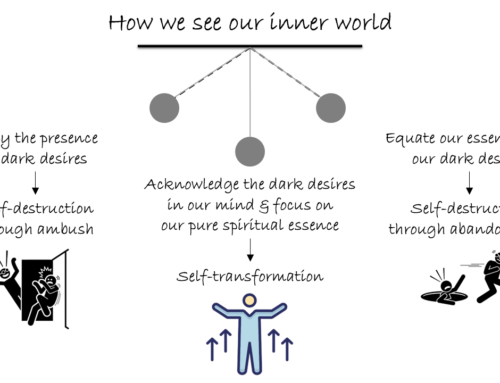
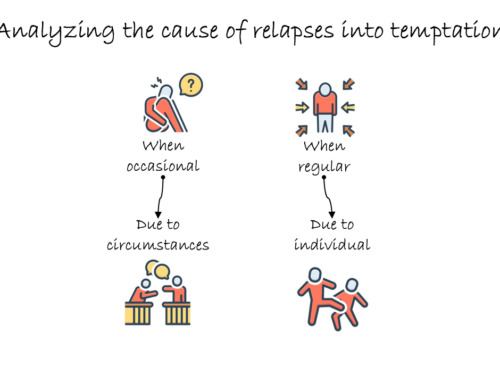
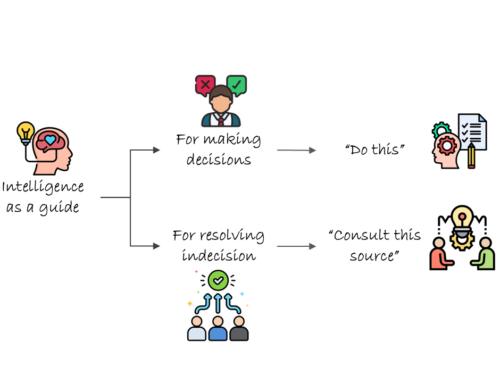
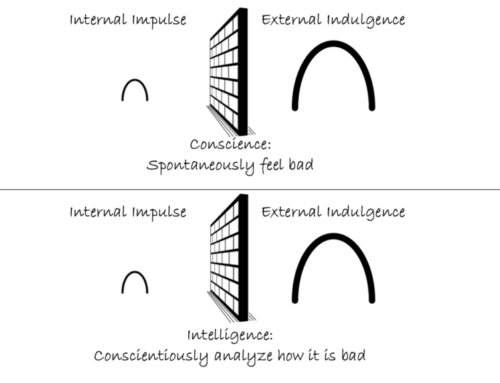
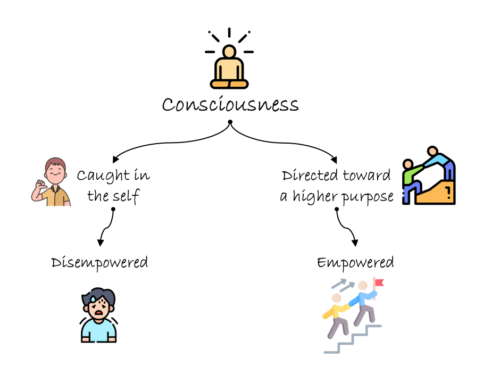
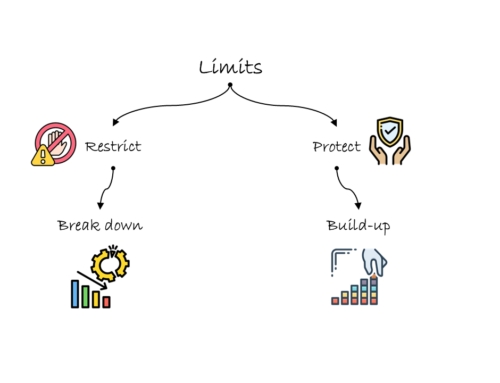
nice, please keep it up